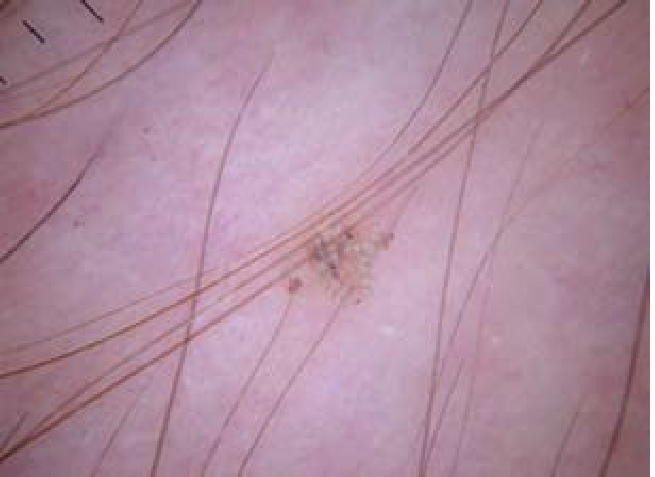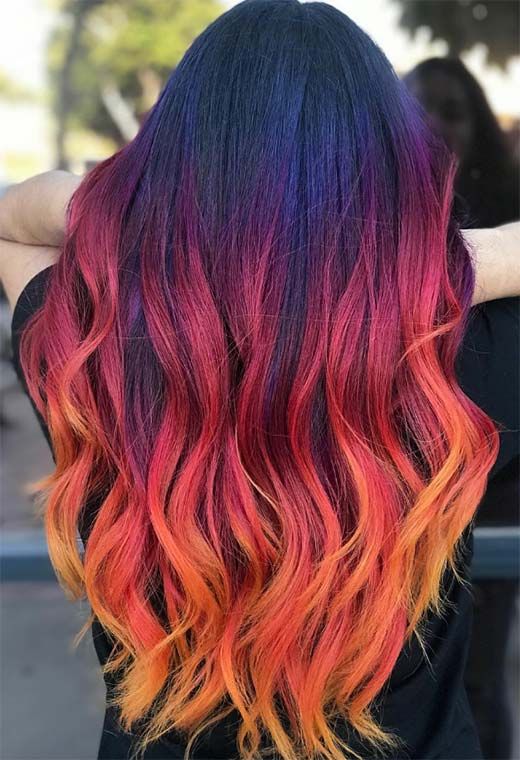
An itchy pubic area can be expected and harmless. However, if it becomes persistent and worsens over time, it is essential to seek medical advice to rule out any underlying conditions. Consult a physician for an accurate diagnosis and appropriate medication, such as antifungal cream or antibiotics, to alleviate the itchiness.
STIs
An itchy groin area does not necessarily indicate a sexually transmitted infection (STI). Multiple factors can contribute to pubic hair and groin itching, including pubic lice or skin conditions like contact dermatitis.
Pubic Lice
Pubic lice, or crabs, are tiny insects that cause intense itching in the genital area. They can spread through sexual activity or sharing clothing or bedding with an infected person. Treatment typically involves using lotions containing permethrin or pyrethrins with piperonyl butoxide. It’s essential to seek medical advice if you suspect pubic lice and to avoid sexual contact until cleared of lice.
Folliculitis
Folliculitis, an inflammation of hair follicles, can cause itching. Bacterial or fungal infections often cause it. Mild cases may respond well to topical antibiotics or vinegar, while more severe cases may require oral antibiotics. Other factors like excessive sweating, friction, or use of certain products can also lead to folliculitis. Changing hair removal techniques, using anti-itch ointments, and avoiding scratching can help alleviate symptoms.
Allergies
Itchy genital areas can be caused by razor burn, skin irritation, or allergies. Contact dermatitis, candida infections, tinea cruris, or intertrigo may also be possible causes. Keep the area clean and dry to prevent itching, and wear loose-fitting clothing and towel off after showering. Using anti-itch treatments like bush balm treatment oils can provide relief and promote healthy hair follicle regrowth.

